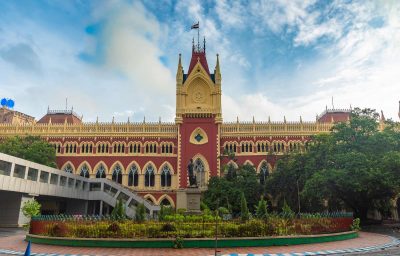
A new longitudinal study by the NSW Bureau of Crime Statistics and Research (BOCSAR), Offending by young people with disabilities, identified 13,302 young people with a disability born in NSW from the start of 1997 to the end of 2000 and compared their rates of offending to those of young people without disability.
The study found that most young people with disability (87%) did not offend before the age of 18.
However, young people with disability are overrepresented in the youth justice system. “While young people with a disability make up just 3.5% of all young people in the study group their rate of interaction with the youth justice system is concerning” said BOCSAR Research Director, Dr Suzanne Poynton.
Young people with a disability make up 7.7% of all young people with an offence before the age of 18 and 17.4% of those with an episode in youth detention.
“Factors such as age of initial engagement with disability-related services, remoteness of residence, and frequency of child protection contact were strongly associated with the likelihood of a young person with disability having criminal justice contact before the age of 18”, added Dr Poynton.
Young offenders with disability demonstrated a different offending profile compared with young offenders without disability, having more violent offences (including domestic violence); property offences; sexual assault and related offences; and offences against justice procedures, government security and government operations.
While the rate of court diversion through police cautioning or youth justice conferencing was similar for young offenders with and without disability, those with disability were more often ineligible to receive a court alternative due to the type of the offence committed.
These research findings point to a clear and immediate need for significant investment in supports for young people with disability, both before and after contact with the criminal justice system, and further expansion of diversion options for this vulnerable group.
Links to report summary:








